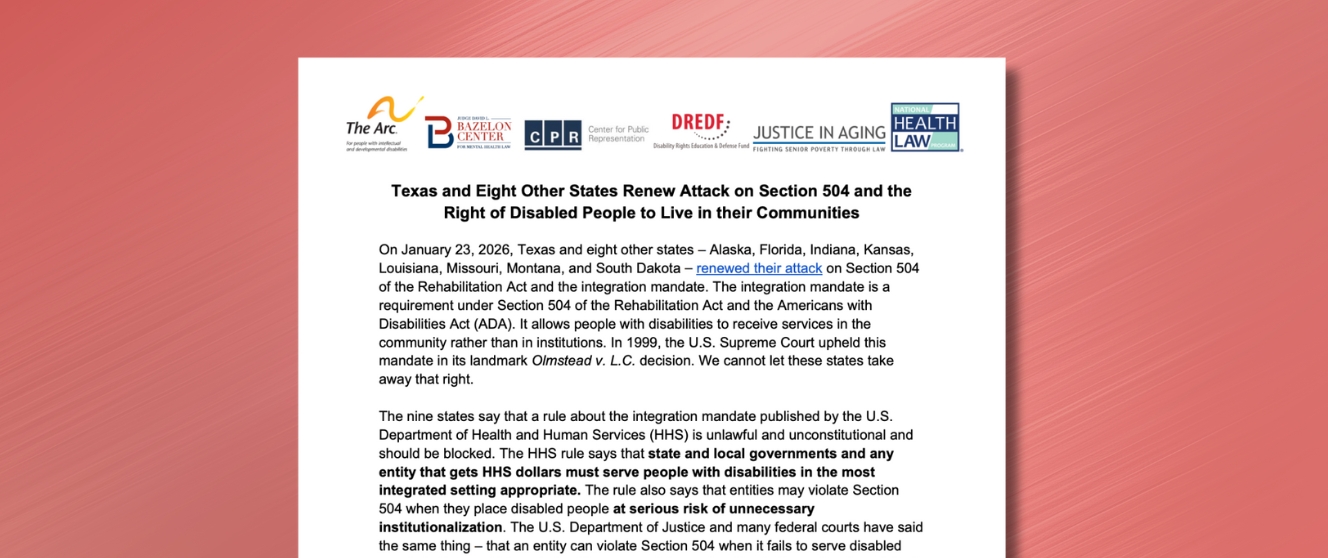
December 10, 2021
Board of Trustees and the Chancellor
Los Angeles Community College District
Via Email, veres@laccd.edu
Steven F. Veres
President
Via Email, BUELNAG@email.laccd.edu
Gabriel Buelna, Ph.D.
Vice President
Via Email, VELAD@email.laccd.edu
David Vela
Second Vice President
Via Email, FONGMK@email.laccd.edu
Mike Fong
Via Email, ahoffman@email.laccd.edu
Andra Hoffman
Via Email, HENDERNM@email.laccd.edu
Nichelle Henderson
Via Email, MORENOEH@email.laccd.edu
Ernest H. Moreno
Via Email, Coraima4LACCDtrustee@gmail.com
Coraima Martinez
Student Trustee
Via Email, RODRIGFC@email.laccd.edu
Francisco C. Rodríguez, PhD.
Chancellor
Dear President Veres, Vice President Buelna, Second Vice President Vela, Chancellor Rodriguez, and Additional Members of the Board of Trustees of the LACCD:
The undersigned are leaders and members of the disability community, and include representatives of key disability organizations. We write to urge the Los Angeles Community College District (LACCD) to abandon its dangerous plan to file a petition for certiorari with the United States Supreme Court on December 15, 2021 in the Payan v. LACCD litigation. The proposed petition would challenge the very foundation of disability rights – that the Americans with Disabilities Act and Section 504 prohibit unintentional forms of disability discrimination. The petition would conflict with LACCD’s purported commitment to the inclusion of people with disabilities, and is not necessary to address and resolve the access problems demonstrated by the blind students who brought the case. Should the Supreme Court agree with LACCD that federal law prohibits only intentional forms of disability discrimination, more than 40 years of hard-fought-for civil rights of people with disabilities would be undone.
We demand that you abandon your plan to file a petition to the Supreme Court seeking to eviscerate the protections of the ADA and Section 504. If you nevertheless continue to consider this path, we demand an immediate meeting with the Board of Trustees and the Chancellor to explain our deeply held concerns.
In Payan v. LACCD, blind students sued under the ADA and Section 504 because the textbooks, handouts, websites, and other technology they use at school are not accessible to them because they do not work properly with screen-reading technology. The students proved their case, and the judge ordered LACCD to make changes to its technology. The judge specifically ruled that LACCD is not required to do anything “if doing so amounts to an undue financial or administrative burden or would result in the fundamental alteration[.]” This is because the ADA and Section 504 balance the needs of people with disabilities and those of covered entities like LACCD.
In its petition to the Supreme Court, LACCD does not plan to argue that their programs and services are accessible to blind students, or that providing the access fixes would cause an undue burden or a fundamental alteration. Instead, LACCD plans to argue that plaintiffs should not be allowed to bring claims under the ADA or Section 504 using the “disparate impact” theory of discrimination. “Disparate impact” discrimination means discrimination that is supposedly unintentional, such as when there is a neutral policy or practice that harms or excludes disabled people.[1] If LACCD is successful with its argument to the Supreme Court, the resulting ruling would eviscerate our rights, turning back the clock by decades for our community.
In most cases, disability discrimination does not happen because of an intent to hurt people with disabilities. Most discrimination against people with disabilities happens because of how society has been organized and built, and due to thoughtlessness about how to make sure disabled people are included. Some examples include:
- Failing to provide accessible spaces with ramps and elevators;
- Using trains or buses in public transit that are not wheelchair accessible;
- Launching websites and mobile apps that are unusable by blind people and people with other disabilities;
- Policies that seem neutral but that actually function to exclude people with disabilities.
Disabled people are faced with these barriers day in and day out. Before the ADA and Section 504, people with disabilities had no recourse in American civil rights laws to challenge these practices. The only reason we have made progress is because the ADA and Section 504 require businesses and government to do things differently regardless of what anyone “intended.”
LACCD publicly states that it does not discriminate against people with disabilities, and that it complies with the ADA. The Chancellor’s Office sponsors an annual Disability Summit to “share strategies for institutions of higher education to ensure they are providing an inclusive and equitable environment for students and employees with disabilities.” But these commitments are worthless if LACCD continues with its plan to gut the ADA and Section 504.
We understand that LACCD has an interest in defending its programs and operations. But LACCD does not need to seek a regressive and harmful ruling from the Supreme Court to serve this interest. The trial judge in Payan has already ruled that LACCD retains its defenses, and may avoid taking steps that would amount to an undue financial or administrative burden or result in the fundamental alteration. And the disability community stands by to offer its support to LACCD in securing resources and implementing common-sense solutions to resolve its access barriers affecting blind students. The District does not need to resort to this course of action.
Again, we urge you to cancel your plans to petition the Supreme Court to eliminate foundational portions of the ADA and Section 504. We look forward to discussing these concerns with you in more detail at the earliest possible opportunity.
Please contact Andrew J. Imparato at Andy.Imparato@disabilityrightsca.org, 916-504-5800, to schedule an immediate meeting.
Sincerely,
The Honorable Tony Coelho, Former Member of Congress, an original author of the ADA, & Founder, Coelho Center for Disability, Law, Policy Innovation Loyola Law School
The Honorable Dr. Judith Heumann
Former Special Advisor for International Disability Rights, U.S. State Department
Former Assistant Secretary of Education for Special Education and Rehabilitative Services, U.S. Department of Education
Catherine Campisi
Former Director of the California Department of Rehabilitation
Former Dean of Student Services, Chancellor’s Office, California Community Colleges
Andrew J. Imparato, Executive Director
Disability Rights California
Christina Mills, Executive Director
California Foundation for Independent Living Centers
Judy Mark, President
Disability Voices United
Jessica Lehman, Executive Director
Senior Disability Action
The Honorable Steve Bartlett, Former Member of Congress 1983-91, an original author of the ADA
Ralph Black
Former General Counsel, Chancellor’s Office, California Community Colleges
Board Member, Disability Rights California
Maria Town, President and CEO
American Association of People with Disabilities
Stephen David Simon, Executive Director
Jaime H. Pacheco-Orozco, Assistant Executive Director
City of Los Angeles Department on Disability
Susan Henderson, Executive Director
Claudia Center, Legal Director
Disability Rights Education & Defense Fund
Jordan Lindsey, Executive Director
The Arc of California
Jennifer Lazlo Mizrahi, President
RespectAbility
Robert Sainz, President and Executive Director. New Ways to Work, Inc
Vincenzo Piscopo, President and CEO
United Spinal Association
cc: Maria Luisa Veloz
LACCD Legislative and Public Affairs Officer
Velozml@laccd.edu
[1] When LACCD made this argument to the Ninth Circuit Court of Appeals, that court properly found that “Section 504 and the ADA were specifically intended to address both intentional discrimination and discrimination caused by ‘thoughtless indifference’ or ‘benign neglect,’ such as physical barriers to access public facilities.”

